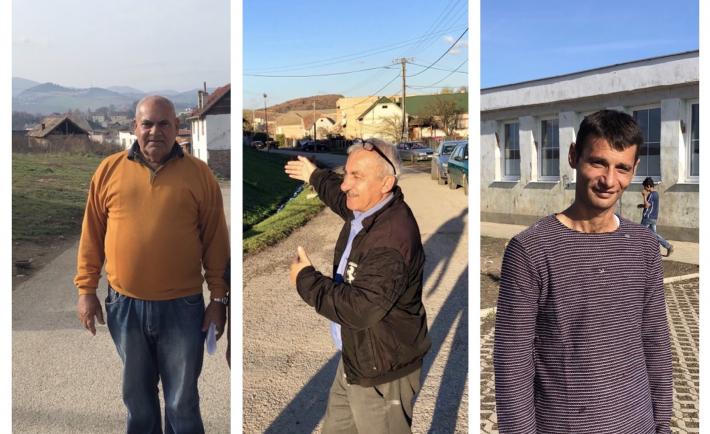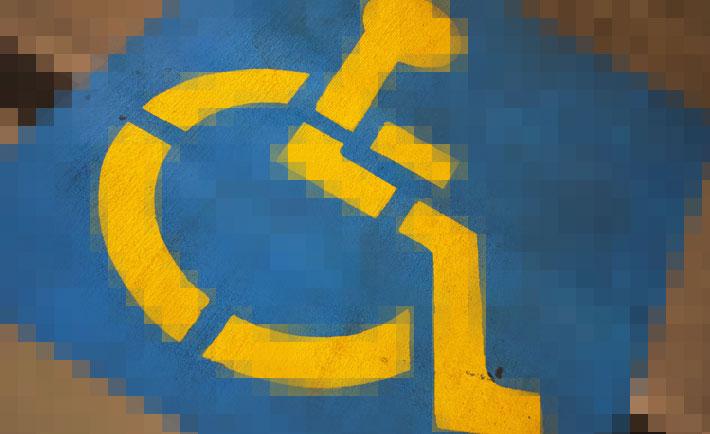The Roma, whose numbers are estimated at more than 10 million, make up Europe’s largest minority group, and are also the largest socially and economically-marginalized population. Across the continent, Roma face systemic discrimination in employment, education, healthcare and housing. This leads to poor quality of life, lower life spans, higher school delinquency rates and higher unemployment rates in comparison to their fellow non-Roma citizens. According to official EU statistics, anywhere from 33 to 58 percent of Roma children will experience segregation in public schools and, on average, only 12 percent of Roma between the ages of 18 and 24 will have completed high school.
One Person Can Make a Difference: Success Stories of Roma Advocacy in Slovakia
Accessibility in the Digital Space: Making the Internet Open for Everyone
Barriers to participation are not always obvious to those without a disability, but something as simple as a wheelchair ramp can ensure a citizen's ability to exercise her right to vote. People with disabilities, who comprise 15 percent of the global population, are often blocked from aspects of public life. Efforts to improve the accessibility of physical spaces, such as polling stations and government buildings, are important, but in an increasingly digital age, it is also critical that people with disabilities are able to access and share information online. On June 16, NDI hosted an internal discussion with Nick Bristow, a lead web accessibility developer for the 18F team within the U.S. Government’s General Services Administration. During his discussion with NDI staff, Nick shared concrete skills on how to plan and design an accessible website, and cultivate organizational awareness of the needs of people with disabilities.


